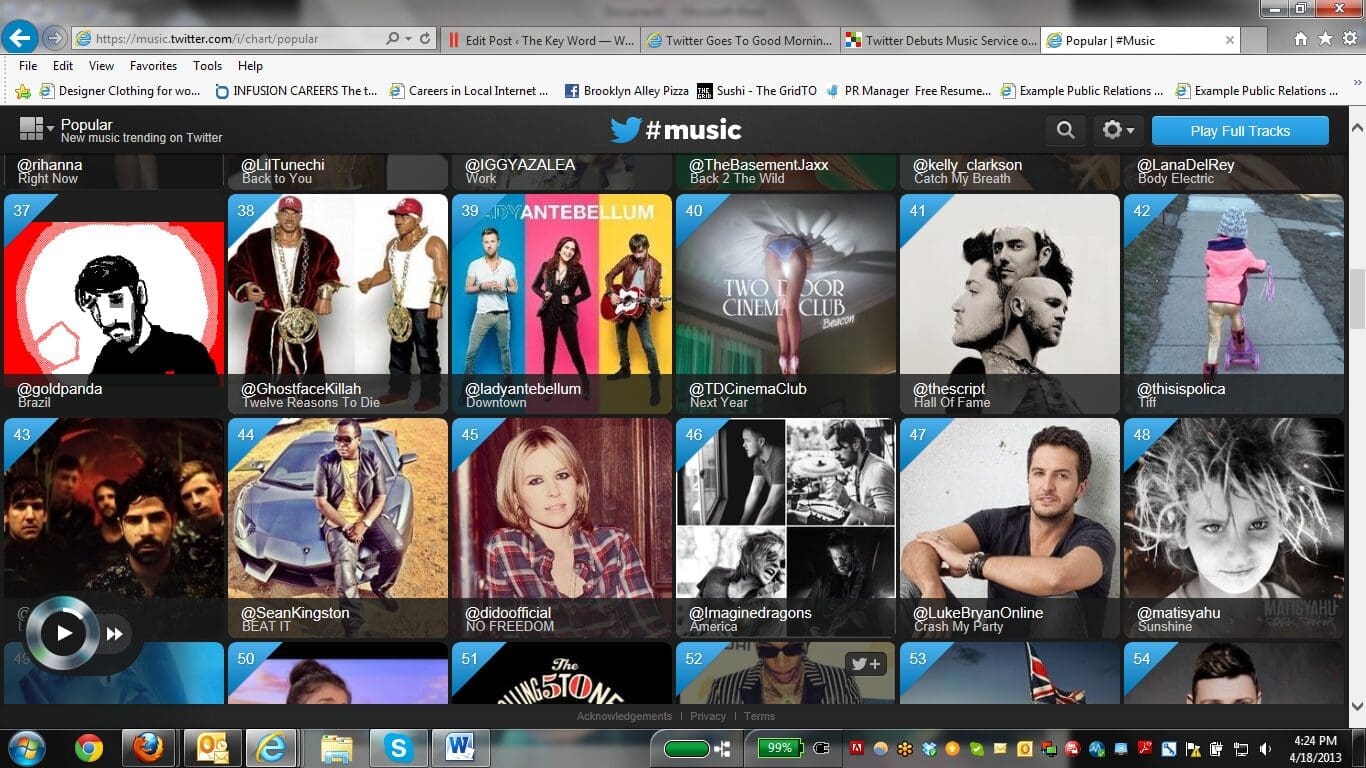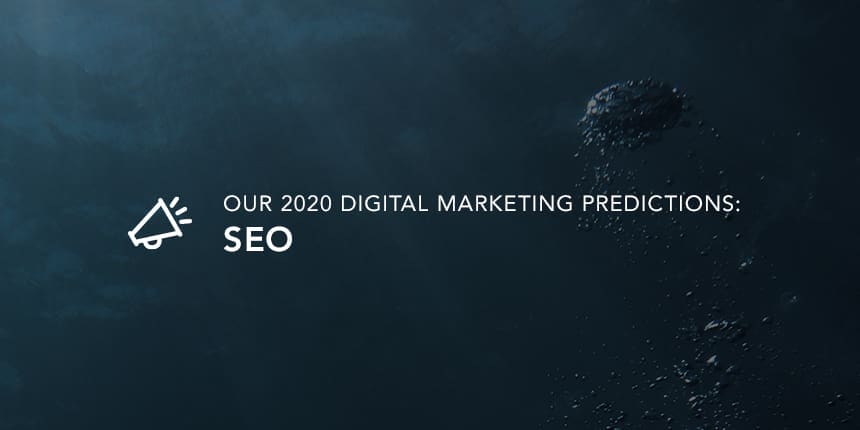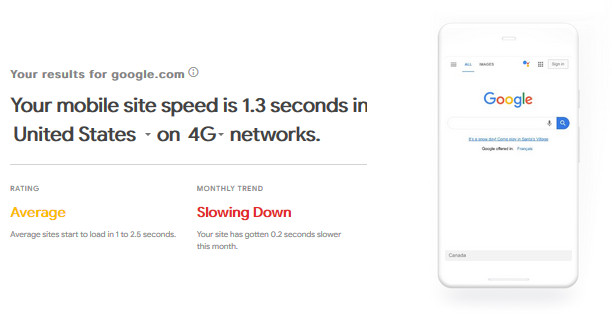
 Digital-marketing-2020-is-your-seo-...
Digital-marketing-2020-is-your-seo-... 
If history tends to repeat itself, then predicting the future should be easy, right? Well, SEO is a slightly different proposition. After all, this is a discipline that progresses into uncharted territory with each passing year. Sometimes our best bet is to take cues from the ubiquitous search giant—specifically the tools it makes available to SEOs, its mysterious algorithm updates, and the unannounced SERP modifications we come across from time to time.
So, what will 2020 have in store for organic search? Let’s gaze into our Google-branded crystal ball and do our best to predict the unpredictable…
-
Google will become the internet (or try to)
It seems to be the goal of every web giant to actually become the internet. Google is no different, and it has one advantage that Facebook and Amazon lack: an almost limitless supply of website content powering and supporting its interface. It is also a powerful voice that essentially dictates what web owners do with their websites.

In 2019, Google continued to display more and more third-party content directly in SERPs. By serving up the information searchers are looking for in the form of featured snippets, knowledge graphs, answer boxes, videos, and images, Google is gradually reducing the need for its users to click through to any given website. Though this may sound dire, it is actually not the end of SEO. After all, if a user learns about (and purchases) your brand’s products or services from Google SERPs rather than your website, is that lead or sale worth any less? Of course not.
In 2020, SEOs will need to account for Google’s SERPs as well as their own websites when measuring KPIs. Google is actually making this easier with more metrics in Google Search Console—products, video, breadcrumbs, etc.—and this will continue to expand. Monitoring impressions will become just as important as watching a site’s organic traffic because users will be interacting with a website’s content both on the site itself and at arm’s length via Google.
-
Mobile page speed will be critical
Smartphones will continue to be the de facto device for internet users—in part because Google has long pushed web developers to improve page load speed, helping to alleviate the top complaint for mobile users. Google Search Console has included a mobile issue report for years, and in 2019 it added a page speed report to help identify the worst-performing pages for each website.

When Google delivers and draws attention to this sort of insight, development teams have no other choice than to deliver faster experiences across devices. Or, to put it another way, when Google says “Jump!”, we have to ask “How high?” Expect page load speed to become a more significant ranking factor in 2020.
-
Search results will improve thanks to BERT
Google added the BERT language model to its algorithm in October 2019, starting with the US and expanding to other countries and languages throughout 2020. This model improves the search engine’s understanding of user intent behind complicated or ambiguous queries. It will impact not only what type of content will rank prominently, but also the kind of rich snippets and excerpts that are shown.

High-quality websites with detailed content (page copy and schema) about their products and services will be the ultimate winners with this change. For SEOs, BERT serves a timely reminder: don’t assume your content speaks for itself via photos, videos, or common sense. Our full write-up makes it clear that search will never be the same again.
-
Google is hungry, so let’s E-A-T
In 2019, Google served up a number of core updates to its algorithm. Every one of these updates improved the search engine’s understanding of website content so that it can better direct search traffic. Sites that saw the greatest volatility with these changes tended to be financial or medical-related; topics Google holds to a higher standard due to how they impact lives. Such sites were caught up in changes aimed not specifically at them, but at websites in general.
In 2020, SEOs need to focus their attention on E-A-T (Expertise-Authoritativeness-Trustworthiness). Why? Because as Google continues to evolve its core algorithm, the websites it considers to be authored by experts—with the greatest authority in the field, attracting trust from others in the same discipline—will be selected to best satisfy user needs. This three-part paradigm goes beyond technical SEO, of course: every professional concerned with organic traffic will need to focus more on content, brand awareness, and competitors in their field.
Want to aim higher?
From BERT to E-A-T to Google literally becoming the internet, there are changes afoot in SEO. If you’re already getting the fundamentals right—and your content is up to snuff—then you’re unlikely to be left behind by 2020’s developments. But there’s a big difference between not being left behind and actively getting ahead. If the latter is your goal, our search experts are ready to help.

